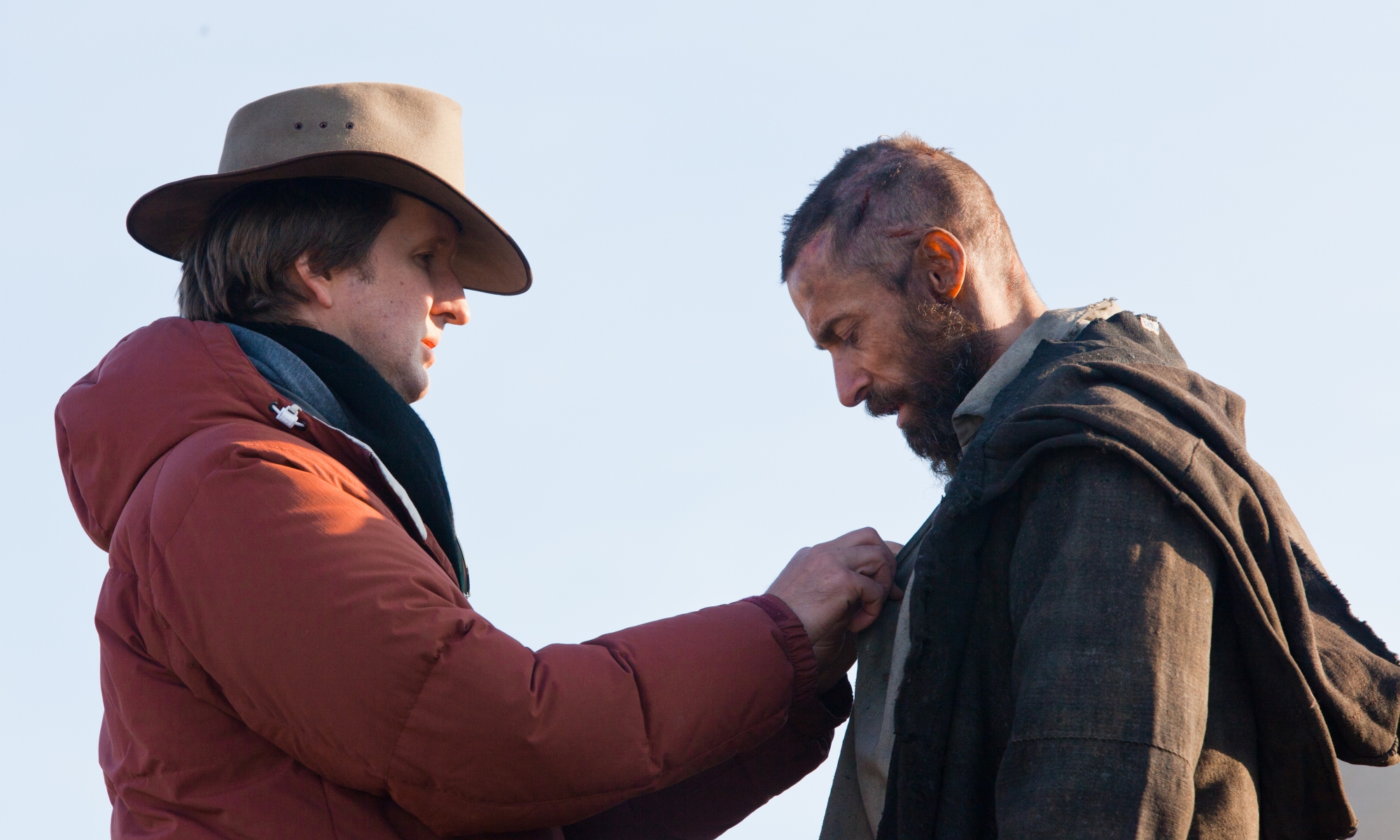Pete Hammond is Deadline’s awards columnist. This article appeared in the Dec. 12 issue of AwardsLine.
Tom Hooper has had a distinguished career in television for more than a decade, earning an Emmy in 2006 for Elizabeth I and nominations for Prime Suspect 6 (2003) and John Adams (2008). But his feature-film career consisted of only two small films—Red Dust (2004)and the critically acclaimed but little-seen The Damned United (2009)—before he hit the mother lode with The King’s Speech in 2010, winning both the DGA Award and the Academy Award for best director on his very first time out. Now, defying the odds again, Hooper is back with the movie version of the worldwide musical smash, Les Misérables. This overnight film-business success at age 40 is among those top-tier contenders who could take it all again for finding a way—after producers have spent a quarter-century trying—to make Les Mis sing on screen as powerfully as it did on the stage.
AWARDSLINE: I was talking to Hugh Jackman about the audition process, and he said at that point you weren’t even involved. When did you get involved?
TOM HOOPER: I was involved. I didn’t want everyone to think the film was going to happen until I worked out how I was going to cast it. People always wanted to make the film regardless, but I needed to have the right cast. We needed actors that could sing at this level. The audition back in May of last year was huge—it was an extraordinary moment. That’s when I knew I had a movie. I’d go so far to say, the movie wouldn’t exist without Hugh Jackman. There was no second choice; I still don’t have a second choice. (He’s) an extraordinary actor and singer, with extraordinary musical-theater training. He had a great moral compass, very fitting for this very spiritual man. When he sang, he accessed an acting I had never seen in film. The singing really opens up new possibilities for these actors—possibilities you can’t do with normal dialogue. The sheer power of singing
AWARDSLINE: I can’t remember the last time I’ve seen a musical film with the singing done live, which Jackman said is 99.9% live. It gives it so much more power. I imagine that was still a risk on your part.
HOOPER: There were a lot of people telling me it wasn’t a good idea, that less of it should be done live. But I said the film wouldn’t have happened without Hugh Jackman, and I thought the film wouldn’t have happened if it were not done live. I love the movie musical, (but) there’s something slightly distancing about it. There’s a lack of fundamental realism or naturalism. It’s one thing for the musical to be light or comedic, but this is all about emotion. I thought if we did it live, it would make it much more real. Once you do it live, it becomes a completely different medium.
AWARDSLINE: You used the original book in helping you craft this.
HOOPER: It’s what I used for inspiration—it’s a truly brilliant work. One of the things I got from it was a great line: “It was the second white apparition which he had encountered.” The first taught him virtue, the second taught about love.
AWARDSLINE: What was the biggest challenge of doing a film of this scale?
HOOPER: I think one of the challenges that’s less obvious is doing it with the live piano, not a pre-recorded track. Each scene was a one-off event. You couldn’t cut the scene because of the tempo of the piano or the singing of the actor. I had to preserve the integrity of each scene and make sure I had all the camera coverage I needed to cut shots from each scene. Each time I shot with at least three cameras, up to six cameras. Each scene was a unique event.
AWARDSLINE: I didn’t know Russell Crowe could sing.
HOOPER: He actually started in musical theater; that was his original passion. He’s so passionate about singing, he said, “Tom, the rest of my life, whenever I am starting on a movie, I’m going to be wishing I was starting Les Misérables all over again.” He trained for six months for the demands of live singing.
AWARDSLINE: What was it like having the original creators of the musical available?
HOOPER: So exciting! Every change I made was with them, like the new song (“Suddenly”) was with them. The fans will recognize the original DNA.
AWARDSLINE: I know you had the world offered to you after The King’s Speech won best picture. Was this the obvious followup for you?
HOOPER: The secret thing I was doing during The King’s Speech was reading the (Victor Hugo) book on the planes back and forth. I explored it very thoroughly. For me, to choose a movie, you have to fall in love with it. It’s not an easy musical to adapt, but I got very addicted to the music. The brilliant thing about The King’s Speech was how it made people feel; the best reward was how it touched people. I want to work in an emotional place, a story with song, music. I also thought I should use some of that success to take a little risk and take myself somewhere new.

